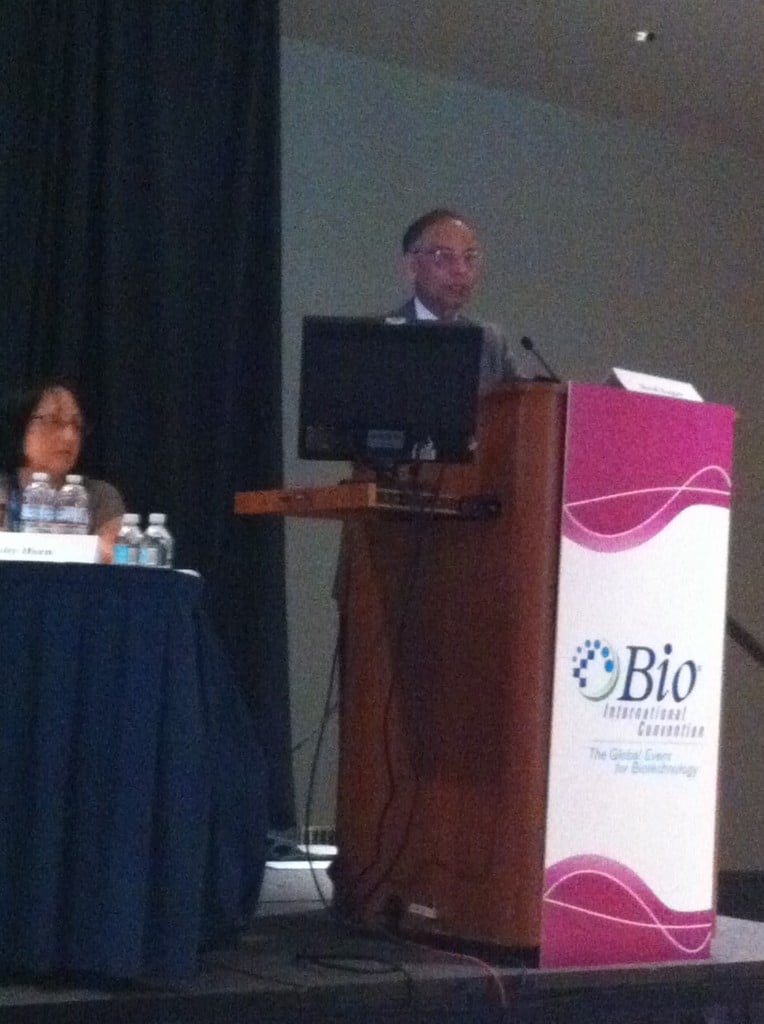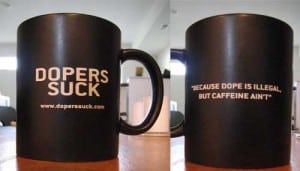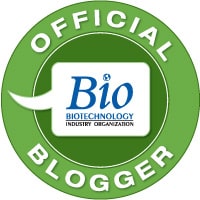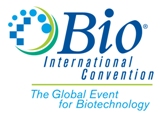Drug Patent Linkage and Compulsory Licensing – Challenges of Working Patented Inventions in India for Pharma Sector Monday, June 27, 2:00 pm – 3:15 pm. The session deals with hot and highly debated topics -Patented drug regulatory approval (BMS vs Hetero &Bayer Vs UOI 2010), Patent vs. pricing debate (Roche vs Cipla), Compulsory Licensing: Export of patented drugs (Pfizer/ Roche vs Natco), Linkages in Indian Patent System (Custom enforcement, Biopharmaceuticals, Marketing –Approval and EMR, Efficacy testing, Competition, Working).
A Brave New World: Patent Litigation Tactics and Strategies for Biosimilars Monday, June 27, 3:45 pm – 5:00 pm. This session will educate attendees on the requirements of a new biosimilar patent litigation pathway.
IP Issues Affecting Biomarker-Based Diagnostics. Monday, June 27, 3:45-5pm, Speakers will discuss challenges for securing IP protection for biomarker diagnostics and discuss important cases before the Federal Circuit.
The Myriad Case and the Patentability of Isolated DNA Molecules. Tuesday, June 28, 8:30 am – 9:45 am. This panel will discuss high-profile patent cases and address recent developments in the Myriad case and BIO’s leadership role as an amicus.
Patents in the Supreme Court. Tuesday, June 28, 10-11:30am. Several of the country’s most experienced Supreme Court litigators, among them former Solicitor General of the United States, will discuss the direction of patent law in the nation’s highest court and its implications for the biotechnology industry.
Counterfeiting – How Corporations and the Government Can Work Together. Tuesday, June 28, 2:00-3:30pm. A panel of experts representing BIO companies, government, and law enforcement will address the role of each entity in identifying, arresting, and prosecuting counterfeiters. Victoria Espinel, the first U.S. IP Enforcement Coordinator, will serve on the panel.
Navigating the New Law on Licensing Biosimilars. Tuesday, June 28, 3:45-5pm. This panel discussion will address FDA’s structure and approach to biosimilar reviews and guidance, the meaning of terms such as “highly similar” and “interchangeability,” whether the new pathway may be used for products presenting advances over existing products (“biobetters”), and the complex and fast-moving patent dispute framework incorporated into the new law.
Technology Transfer: New Methods, New Media, New Models for Improving Interactions with Industry. Wednesday, June 29, 8:30-9:45am. With increased pressure to do more with less resources, business development as well as technology transfer offices have the task of efficiently moving inventions and research materials through product development and ultimately into the hands of consumers. This session will focus on traditional and new methods in streamlining internal processes and technologies to accomplish this goal.
Lessons From In-Licensing Partnership: Biotech Company Partners With Global Pharma to Deliver Cutting-Edge Follow-On Biologics. Wednesday, June 29, 10:00 am – 11:30 am. Panelists from the pharmaceutical and biotech industry will provide exclusive insight on how global pharma and biotech can collaborate to develop, gain authorization and globally commercialize a cutting edge follow-on biologics.
Collaborative R&D From the Perspective of Large Multinationals, Universities and Start-ups. Wednesday, June 29, 2:00 pm – 3:30 pm. Panelists will teach participants how to approach technology owners and attract sponsors for research and licensing revenues. The session will also address key aspects of collaboration and licensing agreements.
IP Challenges for Personalized Medicine: Navigating Bilski, Myriad, and Prometheus. Wednesday, June 29, 2-3:30pm. This session will outline the intersection of personalized medicine and gene patents and will highlight how current cases, e.g., Bilski, Myriad and Prometheus, are affecting biotechnology. The session will also explore how companies can deliver on the promise of personalized medicine in such an environment.
The Trans-Pacific Partnership and the Importance of Intellectual Property Rights: Attracting Investment in Biotechnology. Wednesday, June 29, 2-3:30pm. TPP represents a unique opportunity for the US and other TPP party governments to set a high standard and example for the region for improved intellectual property rights, including a 21st century data protection and patent regime that will foster greater collaboration, innovation, investment and economic growth in biotechnology.
Innovative Collaborations: Deal Structures for Nonprofit/For-Profit Collaborations. Thursday, June 30, 8:30 am – 9:45 am. The panel will provide examples of productive collaborations and discuss the elements of those deals that contributed to their success.
European patent and unitary EU patent: the changes ahead. Thursday, June 30, 10-11:30am. This session will focus on the recent and expected changes in EU, national and EPO laws and try to determine their impact on patenting, licensing and global business development strategies.




 See how biotech innovations help heal, fuel, and feed the world. The Biotechnology Industry Organization (BIO) will be holding its annual BIO International Convention on June 27-30, 2011 in Washington, DC.
See how biotech innovations help heal, fuel, and feed the world. The Biotechnology Industry Organization (BIO) will be holding its annual BIO International Convention on June 27-30, 2011 in Washington, DC.